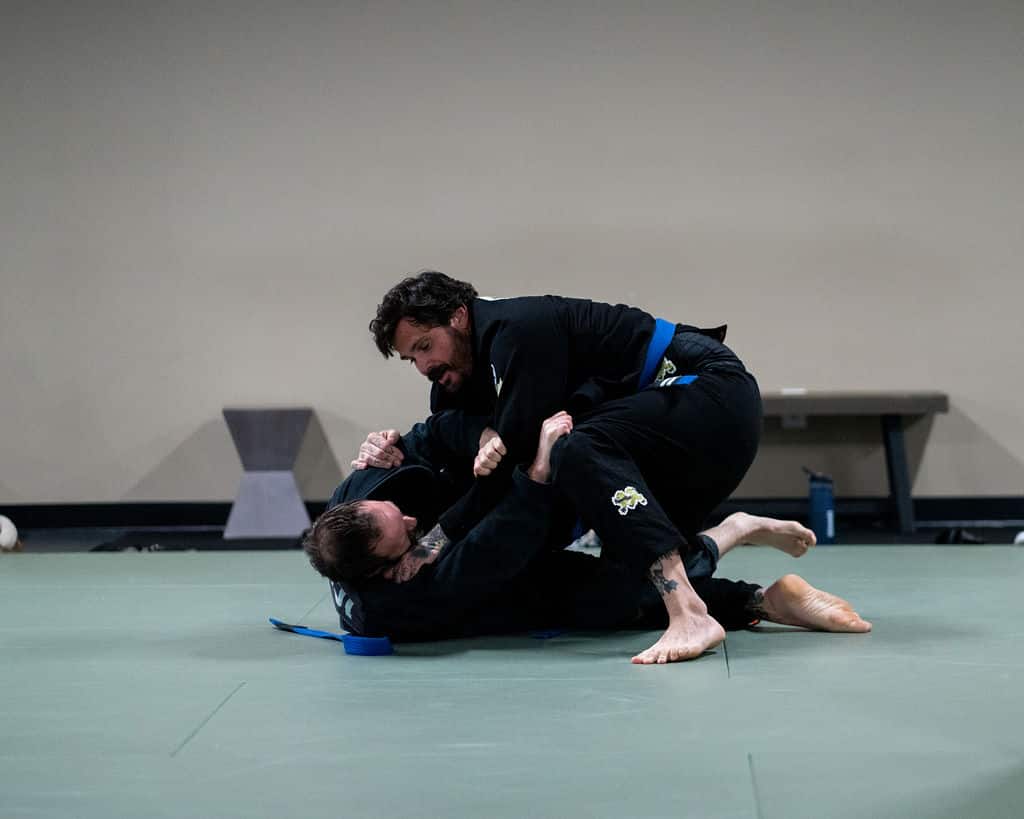7 reasons why Jiu-Jitsu really helps kids deal with bullying
Published:
Categories:

Stay up to date with the latest news, training tips, and insights from our instructors and community. Whether you’re looking for technique breakdowns, competition advice, or inspiration for your Jiu-Jitsu journey, our blog is here to keep you informed and motivated. Check back regularly for new posts and keep growing on and off the mats!
Published:
Categories:
Published:
Categories: